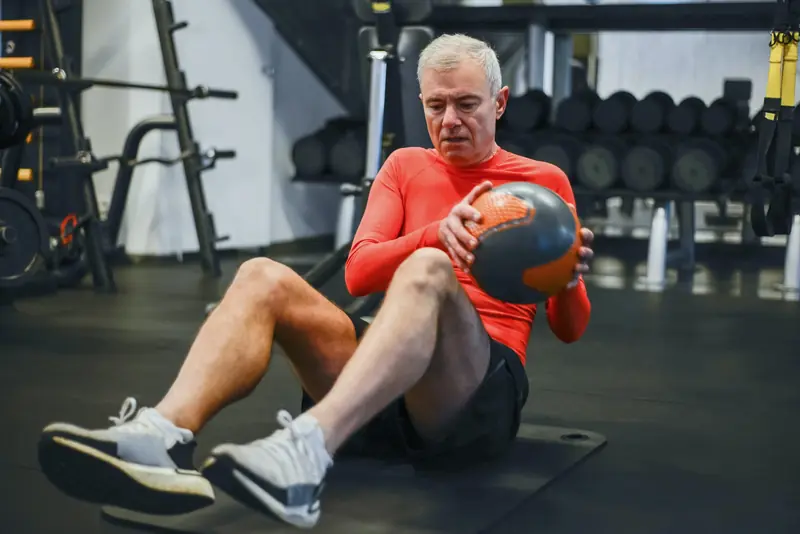
Researchers from the University of Otago in New Zealand believe this to be true. Neurologists and physiologists from various countries have previously made numerous discoveries about the beneficial effects of physical exercise on mental activity. Scientists have emphasized that training enhances memory and concentration, while also preventing various brain diseases, particularly those associated with aging.
The authors of the new study approached the issue from a fresh perspective and reached some rather surprising conclusions.
A Miracle Molecule for Brain Health
The team found that just six minutes of high-intensity exercise is enough for optimal brain function. Under these conditions, the brain produces a key protein that stimulates and supports the development of neurons: BDNF, or brain-derived neurotrophic factor. This molecule plays a crucial role in the formation, functioning, and survival of brain cells, while also inhibiting the development of neurodegenerative disorders such as Alzheimer’s disease. The magical protein BDNF also promotes the development of new signaling pathways and neural connections, as reported by Science Alert.
As noted by lead researcher and ecophysiologist Travis Gibbons, scientists previously lacked knowledge about non-pharmaceutical, natural methods to increase BDNF. Therefore, the findings from this new scientific work are extremely important, particularly because they could aid in healthy aging.
What Scientists Discovered
The New Zealand research team involved 12 physically active volunteers aged between 18 and 56. They participated in three test conditions of varying intensity: 20 hours of fasting, 90 minutes of leisurely cycling, and 6 minutes of vigorous cycling.
The researchers aimed to determine during which of these tests the BDNF protein was generated most actively.
It turned out that the best results in terms of BDNF production were recorded after the six-minute high-intensity workouts. During these tests, the level of BDNF in the volunteers’ blood significantly increased: by four to five times. In contrast, no significant production of this protein was observed after low-intensity exercises or fasting.
Why does this happen? This is a question that scientists will address in their future research.
For now, the most important takeaway is that short bursts of high-intensity exercise can be used as a convenient and cost-effective way to support brain health.
Many Discoveries Ahead
Soon, the team will add more experiments to their list of tests. For instance, scientists want to find out how a three-day fast affects BDNF levels. They will also study the effects of combining fasting with intense exercise on the production of this protein. As Travis Gibbons noted, it will be particularly interesting to observe the impact of exercise on BDNF generation at the beginning of fasting.
Importantly, he believes that researchers now have evidence linking short, high-intensity workouts to improved cognitive abilities. And it’s quite likely that many more discoveries lie ahead.
As his colleague Kate Thomas added, it is becoming increasingly clear that physical activity is beneficial for brain health at all stages of life. The new study highlighted the role that short, active exercises can play in this regard. Fortunately, exercise is widely accessible.
The results of the study were published in the Journal of Physiology.

